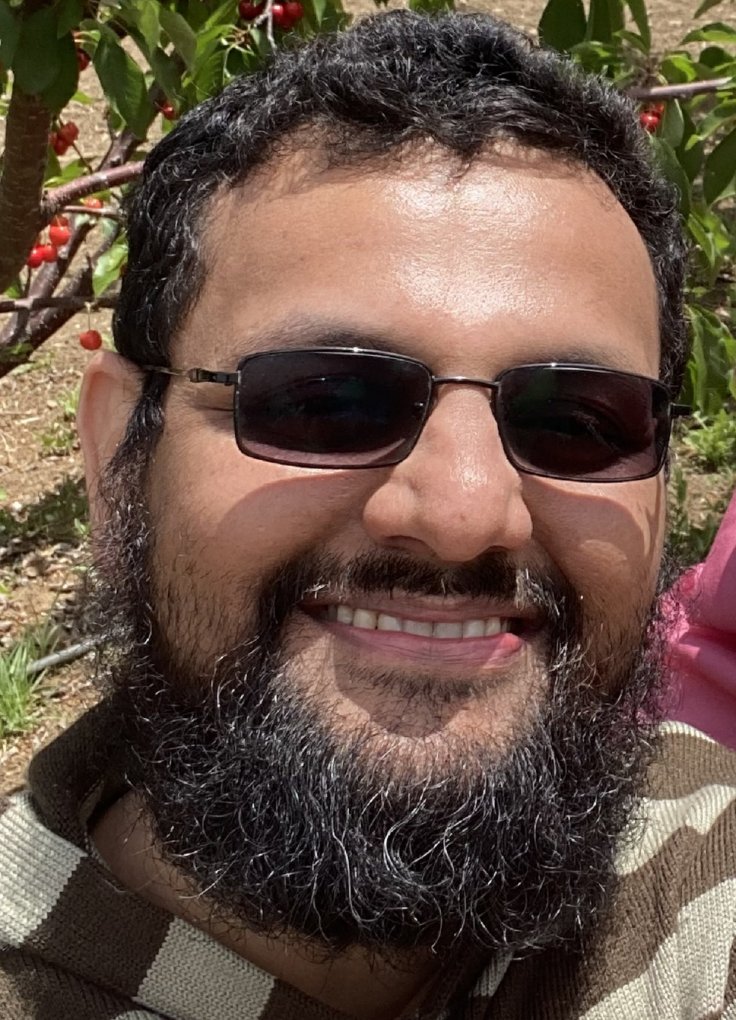
Artificial intelligence (AI) is redefining the medical device manufacturing business by changing both production processes and diagnostic capabilities. AI technology improves productivity, precision, and dependability in the development of medical devices, from diagnosis to calibration. This breakthrough is especially important in the development of complex devices such as hemodialysis machines, where AI agents simplify troubleshooting and increase overall performance. AI technologies raise the bar for manufacturing excellence and patient care by imitating human learning. Among those driving these breakthroughs is Akbar Doctor, whose pioneering work in AI-powered solutions has had a huge impact on the industry's success.
The Rise of AI in Medical Device Manufacturing
The worldwide medical device market was valued at USD 518.46 billion in 2023 and is expected to expand to USD 886.80 billion by 2032, with a compound annual growth rate (CAGR) of 6.3%. This expansion is being driven mostly by an increase in chronic diseases such as diabetes and cancer, which is increasing the demand for sophisticated diagnostic and therapeutic technology. The market in the United States alone is predicted to reach USD 314.96 billion by 2032, owing to a strong pipeline of technologies and significant investments in R&D.
Artificial intelligence is playing a crucial role in this expansion. By enhancing diagnostics, personalizing care, and improving operational efficiencies, AI is reshaping how medical devices are designed, manufactured, and utilized. Akbar has made noteworthy contributions in this arena and his work in AI has set new standards for the industry.
Transformative Contributions to Medical Device Technology:
Akbar Doctor's career began with developing bone segmentation algorithms at B Braun, Germany. This foundational work led to the creation of an advanced automated tester for lighting systems at L&T Technology Services, India, which used innovative image processing to identify faults. At L&T Technology Services, he led embedded systems and automation projects for Samsung Madison, South Korea and Medtronic-USA, extending his expertise to the oil and gas industry with Halliburton in Singapore and Houston. These roles established him as a leader in integrating advanced technology across industries.
His recent contributions to the medical device manufacturing industry have been particularly impactful. His role involves leading the development, scaling, and validation of automated test and calibration systems for kidney dialysis machines. He also oversees the sustaining engineering team, aids junior staff with complex tasks, and ensures compliance with various regulatory standards.
One of his most significant achievements is the creation of an AI agent designed to troubleshoot and resolve issues with hemodialysis machines. This AI system, which has been detailed in various patents and publications, is designed to learn from production errors and optimize troubleshooting processes. The AI agent mimics human learning by analyzing both positive and negative events on the production floor, gradually building a comprehensive troubleshooting guide. This innovation not only enhances manufacturing efficiency but also reduces reliance on human operators, paving the way for more automated and reliable production processes.
The AI agent for hemodialysis machines represents a major leap in medical device technology. This AI system, designed to troubleshoot and resolve issues, learns from production errors to enhance troubleshooting processes. Given the complexity of hemodialysis critical for patients with end-stage renal disease this AI agent addresses faults with precision, improving machine reliability and reducing the need for human intervention.
The impact of this innovation extends to enhanced manufacturing efficiency and better patient outcomes. Hemodialysis machines, vital for blood filtration and fluid balance, benefit from the AI agent's ability to continuously improve fault identification and resolution. This advancement ensures more consistent device performance, setting new industry standards for reliability and patient care.
The impression of this work has been recognized with several prestigious awards. He received the Best Thesis Project award for his work in 2010, followed by the Innovation Prize from L&T Technology Services in 2012. His contributions have also been acknowledged through multiple patent awards, including for technologies related to automated testing and fluid leak detection in medical devices.
Looking Ahead
The AI agent's implementation promises to revolutionize the manufacturing floor by making the troubleshooting process more independent of human skills. The agent's ability to learn incrementally and provide solutions for various issues will enhance the production quality of hemodialysis machines, benefiting patients worldwide. Future developments aim to incorporate creative problem-solving capabilities into the AI system, further advancing its effectiveness and utility.
For more information on these groundbreaking innovations, one can explore the detailed publications and patents related to this work, which highlight the ongoing advancements in AI-driven medical device technology.









